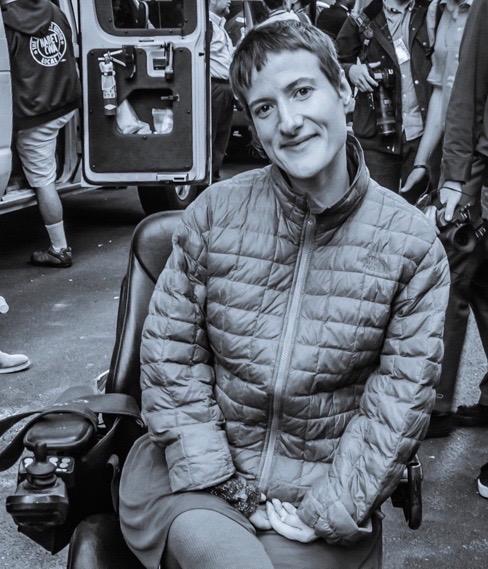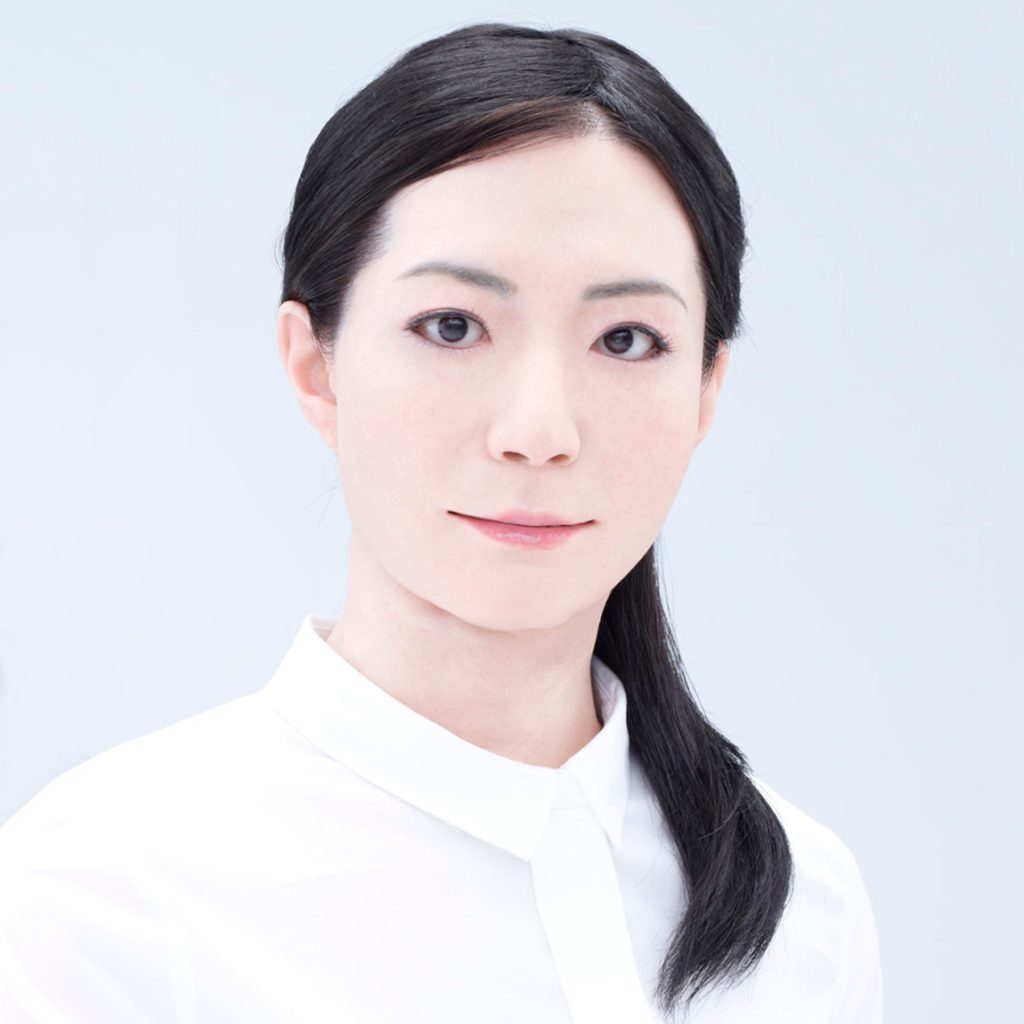Session 1: The Consequences of our Making
On judgement
I was interested in the comments on judgement versus being judgemental. Interesting point on consent. Consent should be given to be judged. We ask to be judged.
Q: by making Art, are we inherently asking to be judged? Do we seek criticism through the act of making Art?
Constructive criticism as an approach to judgement.
On help
We watched a video on disability, considering it as a physical state and a social status.
I really enjoyed having the space to think through this topic.
Of particular interest was the concept of help/helping. Is “help” a human right? Should help be something we can expect from people?
In the video, Sunaura Taylor described her interactions in coffee shops. Considering how she could need help, and does ask for it, but also sees the difficulties in both asking and giving.
It’s interesting to think through the layers of context here. There’s the legal framework, like, a coffee shop may need to have an accessibility ramp; then, as this was a US-centric video there’s tipping culture, which could I guess act as either a barrier to helping (thinking reducing the number of server transactions) or may enable helping, although that feels like paying for help? Surely the US’s individual-centric culture itself also has influence.
Then there’s the individual themselves. How does the context of their upbringing, home life, good/bad experiences, education, and so on – their “character”, if that’s a thing – affect their willingness and ability to help.
On disability and appearance
I was really struck by the concept of “no ideal morphology”, and considering what the boundaries of being “human” are.
Reminded me of The Sparrow by Mary Doria Russell.
Note to self: read What Can a Body Do? by Sara Hendren
I perceive Sunaura as a “human being”, and don’t feel any nuance or shades of grey there – she is human. For full disclosure, I had written, “in every way that’s important”, at the end of that sentence? Should think more about that.

Conversely, when I’ve experience artificial human-like constructs, for example in the Miraikan in Tokyo, even though they have been noted by experts as being extraordinarily lifelike, I do not perceive them as “human beings”. The photo below hints at what’s missing, but don’t let the image fool you – there is something that’s just not there when you see one of these “things” move and interact.

This is coming too damn close to religion for this old Atheist, so I will need to ruminate on this further.
Q: Do humans have the ability to see a human “soul”? That word’s too overloaded with religious meaning, so let me rephrase is as, “can human beings perceive and assess consciousness?”
Then again, there are the human and animal-like robots built by Boston Dynamics. I experience feelings of pity or wrongness if one falls over or, worse, somebody pushes one over. They’re clearly artificial and “inhuman”, so why have I been hardwired to feel pity at their misfortunes?
Finally, in a class discussion we heard about caring as an evolutionary adaptation. Interesting to consider altruism versus selfishness. What’s the evolutionary advantage in selfishness?
Key takeaways
Is disability more about designed environments than morphology?
Does, “can I get help?”, really lead to, “do we live in a society that helps?”
Where are the boundaries of “human”?
Do these things link together? Do people help others that are more (or less!) like themselves? So I guess I should ask, what’s the societal boundary? Do people, perhaps unconsciously, draw boundaries around people they’ll help versus not help? How do they do that?
Examined Life - Judith Butler & Sunaura Taylor Sunaura Taylor https://ourenvironment.berkeley.edu/users/1684283 The Sparrow (novel) https://en.wikipedia.org/wiki/The_Sparrow_(novel) What Can a Body Do? by Sara Hendren https://www.penguinrandomhouse.com/books/561049/what-can-a-body-do-by-sara-hendren/ Miraikan, Tokyo, "Android - What Is Human?" https://www.miraikan.jst.go.jp/en/exhibitions/future/android/ Boston Dynamics https://www.bostondynamics.com/ Compassion helped Neanderthals to survive, new study reveals https://www.sciencedaily.com/releases/2018/03/180313130443.htm Discourse Theory - some definitions https://www.sciencedirect.com/topics/social-sciences/discourse-theory
